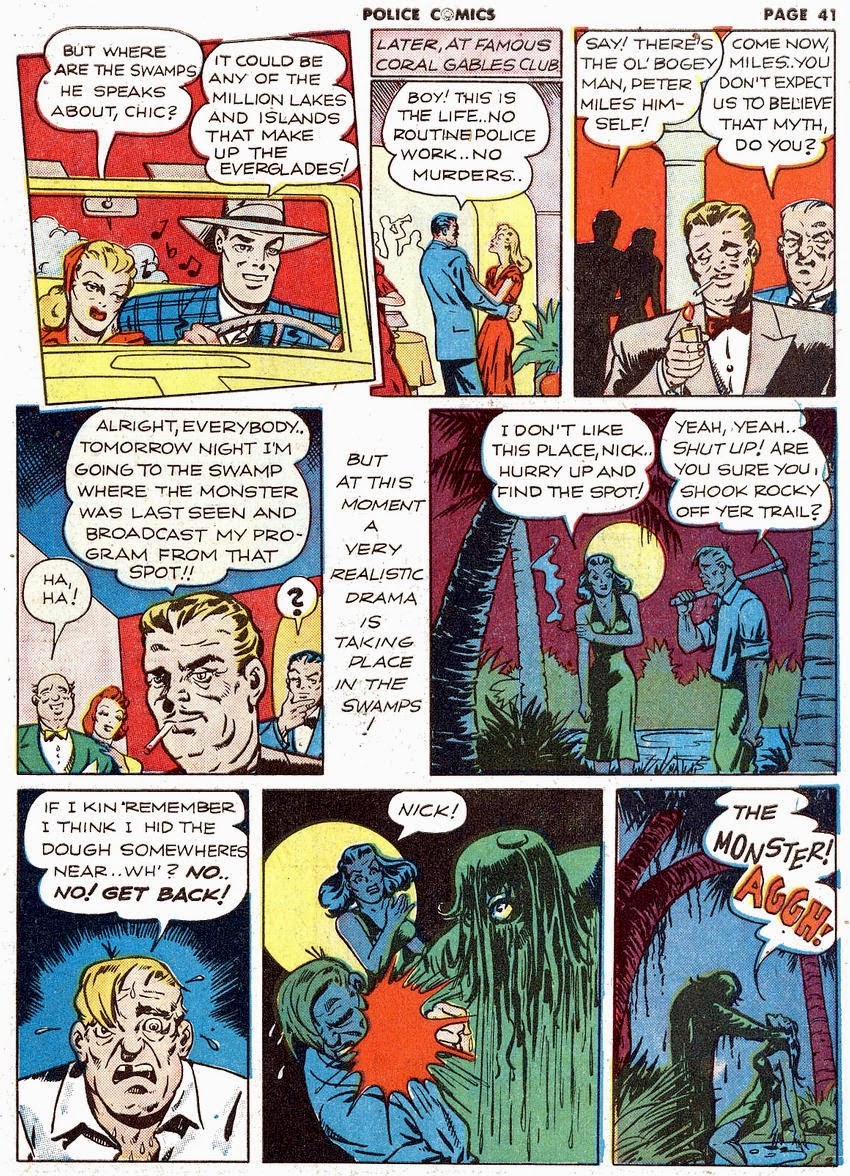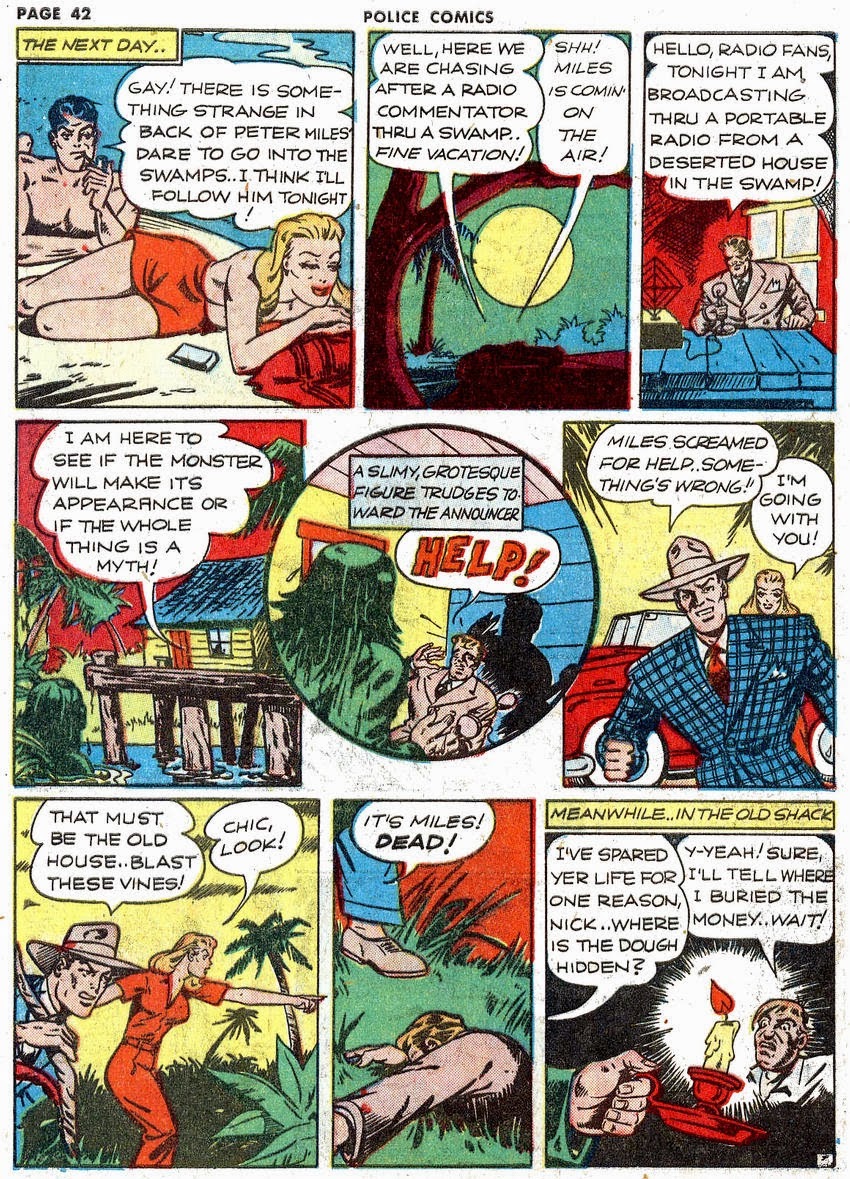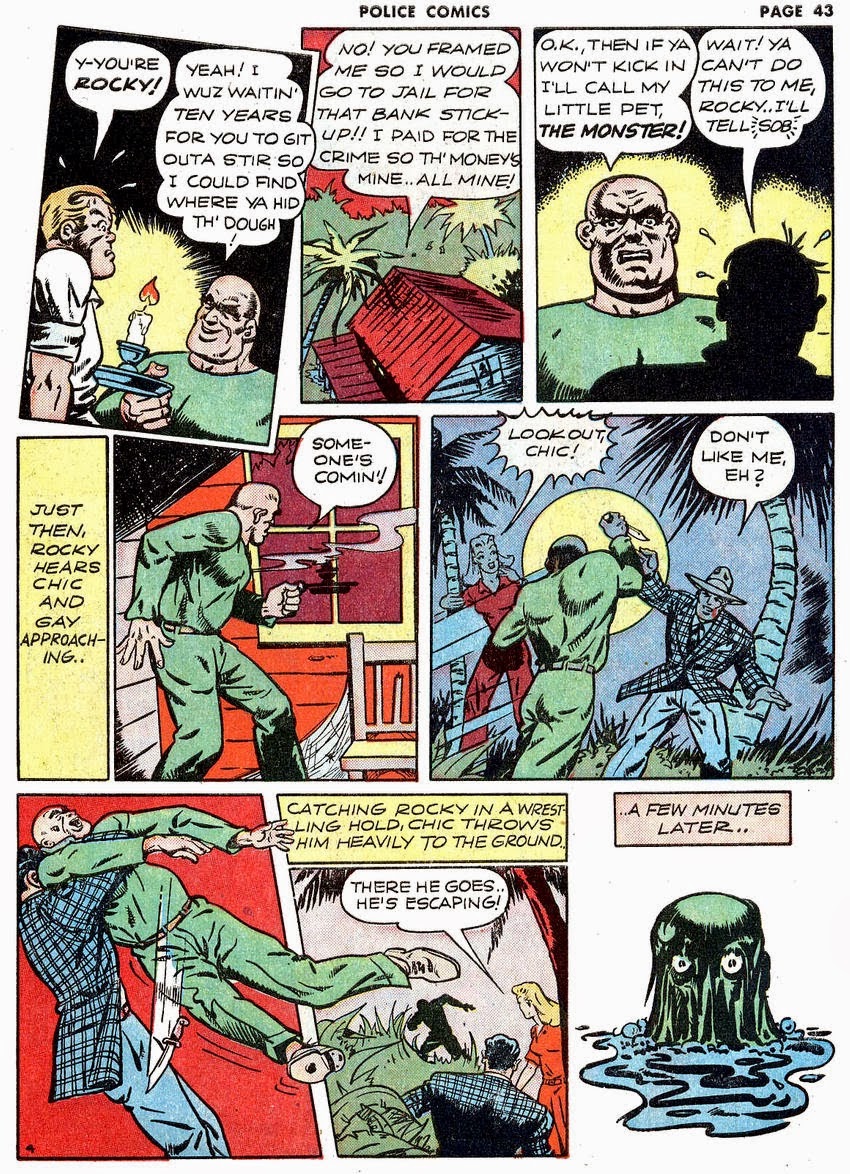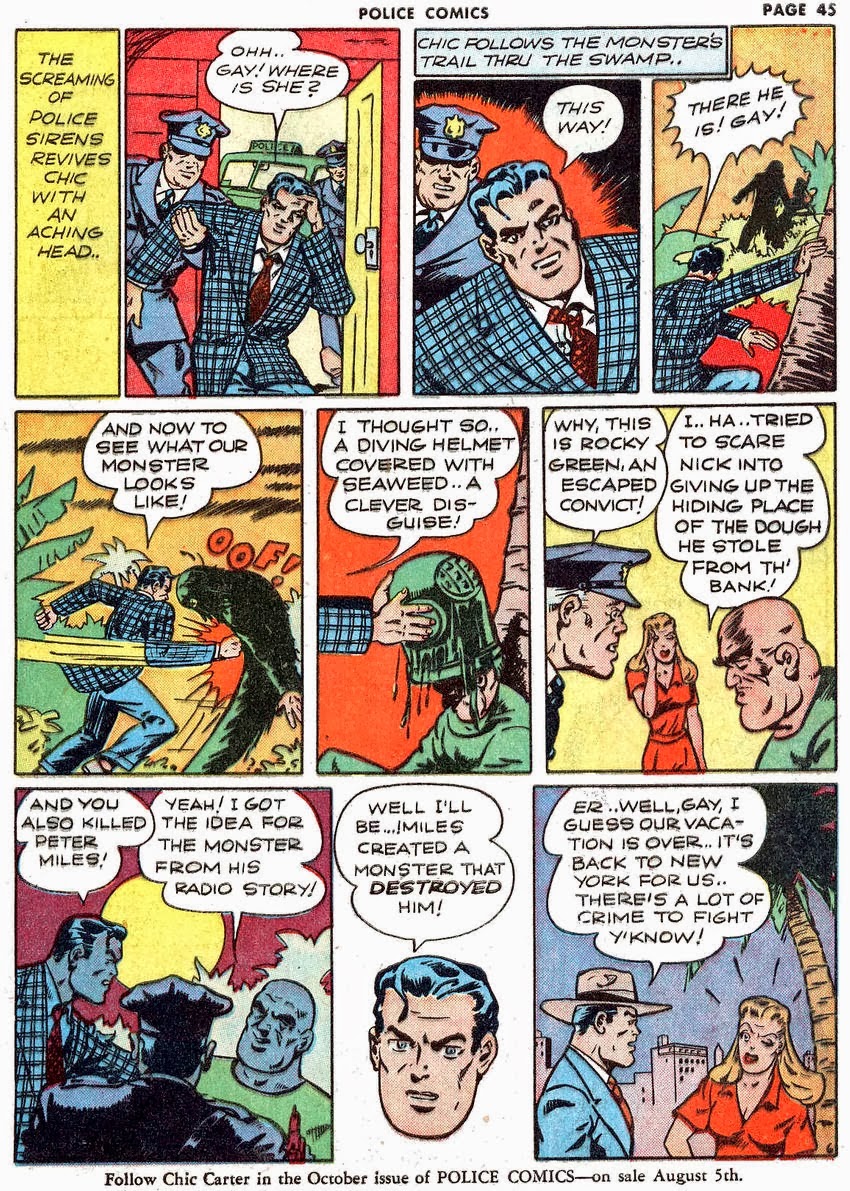Inferno: Canto V
Cosi` discesi del cerchio primaio
giu` nel secondo,
che men loco cinghia,
e tanto piu` dolor,
che punge a guaio.
Stavvi Minos orribilmente, e ringhia:
essamina le colpe ne
l'intrata;
giudica e manda
secondo ch'avvinghia.
Dico che quando l'anima mal nata
li vien dinanzi,
tutta si confessa;
e quel conoscitor de
le peccata
vede qual loco d'inferno e` da essa;
cignesi con la coda
tante volte
quantunque gradi
vuol che giu` sia messa.
Sempre dinanzi a lui ne stanno molte;
vanno a vicenda
ciascuna al giudizio;
dicono e odono, e
poi son giu` volte.
<<O tu che vieni al doloroso ospizio>>,
disse Minos a me
quando mi vide,
lasciando l'atto di
cotanto offizio,
<<guarda com'entri e di cui tu ti fide;
non t'inganni
l'ampiezza de l'intrare!>>.
E 'l duca mio a lui:
<<Perche' pur gride?
Non impedir lo suo fatale andare:
vuolsi cosi` cola`
dove si puote
cio` che si vuole, e
piu` non dimandare>>.
Or incomincian le dolenti note
a farmisi sentire;
or son venuto
la` dove molto
pianto mi percuote.
Io venni in loco d'ogne luce muto,
che mugghia come fa
mar per tempesta,
se da contrari venti
e` combattuto.
La bufera infernal, che mai non resta,
mena li spirti con
la sua rapina;
voltando e
percotendo li molesta.
Quando giungon davanti a la ruina,
quivi le strida, il
compianto, il lamento;
bestemmian quivi la
virtu` divina.
Intesi ch'a cosi` fatto tormento
enno dannati i
peccator carnali,
che la ragion
sommettono al talento.
E come li stornei ne portan l'ali
nel freddo tempo, a
schiera larga e piena,
cosi` quel fiato li
spiriti mali
di qua, di la`, di giu`, di su` li mena;
nulla speranza li
conforta mai,
non che di posa, ma
di minor pena.
E come i gru van cantando lor lai,
faccendo in aere di
se' lunga riga,
cosi` vid'io venir,
traendo guai,
ombre portate da la detta briga;
per ch'i' dissi:
<<Maestro, chi son quelle
genti che l'aura nera
si` gastiga?>>.
<<La prima di color di cui novelle
tu vuo'
saper>>, mi disse quelli allotta,
<<fu
imperadrice di molte favelle.
A vizio di lussuria fu si` rotta,
che libito fe'
licito in sua legge,
per torre il biasmo
in che era condotta.
Ell'e` Semiramis, di cui si legge
che succedette a
Nino e fu sua sposa:
tenne la terra che
'l Soldan corregge.
L'altra e` colei che s'ancise amorosa,
e ruppe fede al
cener di Sicheo;
poi e` Cleopatras
lussuriosa.
Elena vedi, per cui tanto reo
tempo si volse, e
vedi 'l grande Achille,
che con amore al
fine combatteo.
Vedi Paris, Tristano>>; e piu` di mille
ombre mostrommi e
nominommi a dito,
ch'amor di nostra
vita dipartille.
Poscia ch'io ebbi il mio dottore udito
nomar le donne
antiche e ' cavalieri,
pieta` mi giunse, e
fui quasi smarrito.
I' cominciai: <<Poeta, volontieri
parlerei a quei due
che 'nsieme vanno,
e paion si` al vento
esser leggeri>>.
Ed elli a me: <<Vedrai quando saranno
piu` presso a noi; e
tu allor li priega
per quello amor che i mena, ed ei
verranno>>.
Si` tosto come il vento a noi li piega,
mossi la voce:
<<O anime affannate,
venite a noi parlar,
s'altri nol niega!>>.
Quali colombe dal disio chiamate
con l'ali alzate e
ferme al dolce nido
vegnon per l'aere
dal voler portate;
cotali uscir de la schiera ov'e` Dido,
a noi venendo per
l'aere maligno,
si` forte fu
l'affettuoso grido.
<<O animal grazioso e benigno
che visitando vai
per l'aere perso
noi che tignemmo il
mondo di sanguigno,
se fosse amico il re de l'universo,
noi pregheremmo lui
de la tua pace,
poi c'hai pieta` del
nostro mal perverso.
Di quel che udire e che parlar vi piace,
noi udiremo e
parleremo a voi,
mentre che 'l vento,
come fa, ci tace.
Siede la terra dove nata fui
su la marina dove 'l
Po discende
per aver pace co'
seguaci sui.
Amor, ch'al cor gentil ratto s'apprende
prese costui de la
bella persona
che mi fu tolta; e
'l modo ancor m'offende.
Amor, ch'a nullo amato amar perdona,
mi prese del costui
piacer si` forte,
che, come vedi,
ancor non m'abbandona.
Amor condusse noi ad una morte:
Caina attende chi a
vita ci spense>>.
Queste parole da lor
ci fuor porte.
Quand'io intesi quell'anime offense,
china' il viso e
tanto il tenni basso,
fin che 'l poeta mi
disse: <<Che pense?>>.
Quando rispuosi, cominciai: <<Oh lasso,
quanti dolci
pensier, quanto disio
meno` costoro al
doloroso passo!>>.
Poi mi rivolsi a loro e parla' io,
e cominciai:
<<Francesca, i tuoi martiri
a lagrimar mi fanno tristo e pio.
Ma dimmi: al tempo d'i dolci sospiri,
a che e come
concedette Amore
che conosceste i
dubbiosi disiri?>>.
E quella a me: <<Nessun maggior dolore
che ricordarsi del
tempo felice
ne la miseria; e
cio` sa 'l tuo dottore.
Ma s'a conoscer la prima radice
del nostro amor tu
hai cotanto affetto,
diro` come colui che
piange e dice.
Noi leggiavamo un giorno per diletto
di Lancialotto come
amor lo strinse;
soli eravamo e sanza
alcun sospetto.
Per piu` fiate li occhi ci sospinse
quella lettura, e
scolorocci il viso;
ma solo un punto fu
quel che ci vinse.
Quando leggemmo il disiato riso
esser basciato da
cotanto amante,
questi, che mai da
me non fia diviso,
la bocca mi bascio` tutto tremante.
Galeotto fu 'l libro
e chi lo scrisse:
quel giorno piu` non
vi leggemmo avante>>.
Mentre che l'uno spirto questo disse,
l'altro piangea; si`
che di pietade
io venni men cosi`
com'io morisse.
E caddi come corpo morto cade.

















